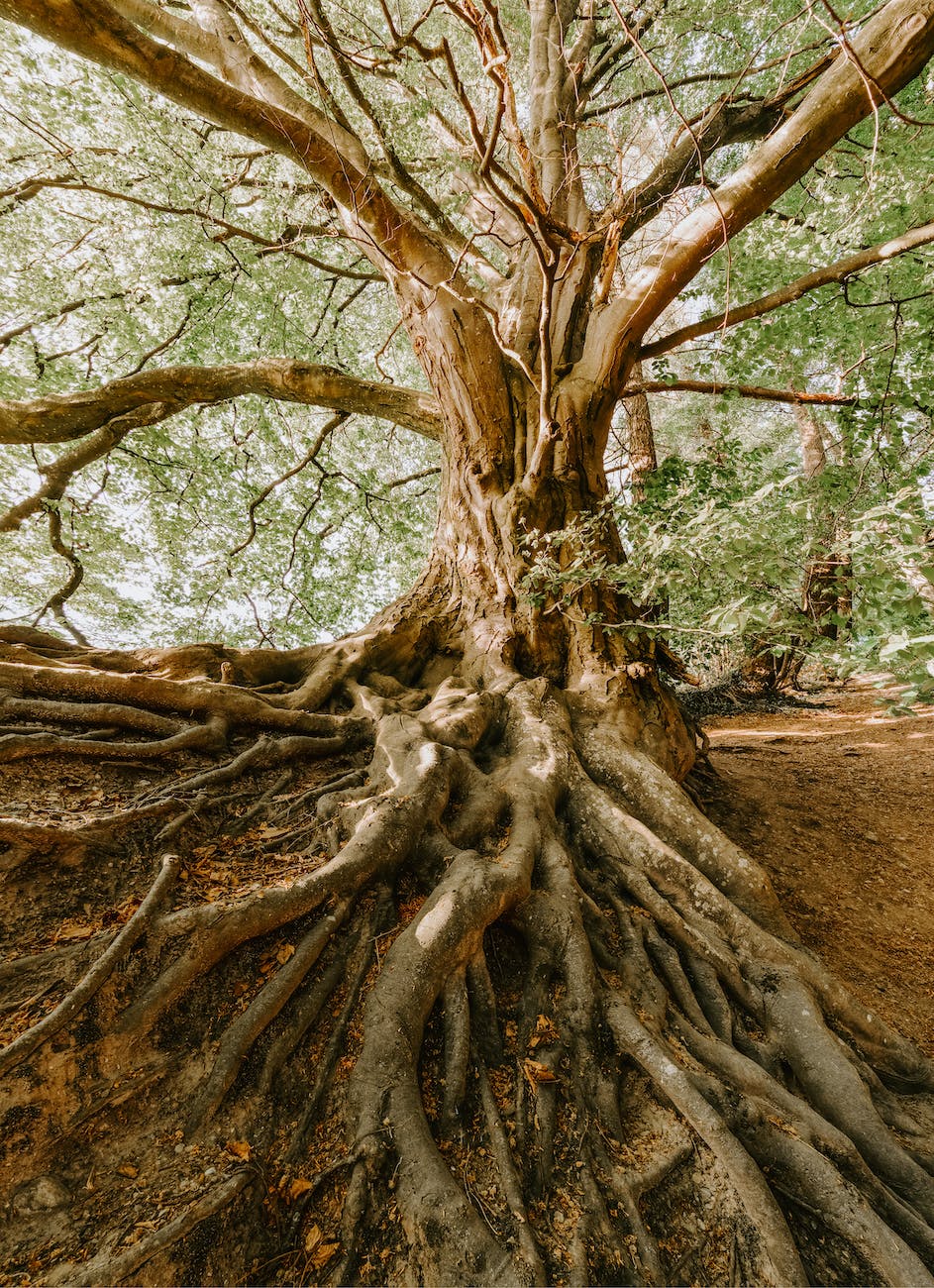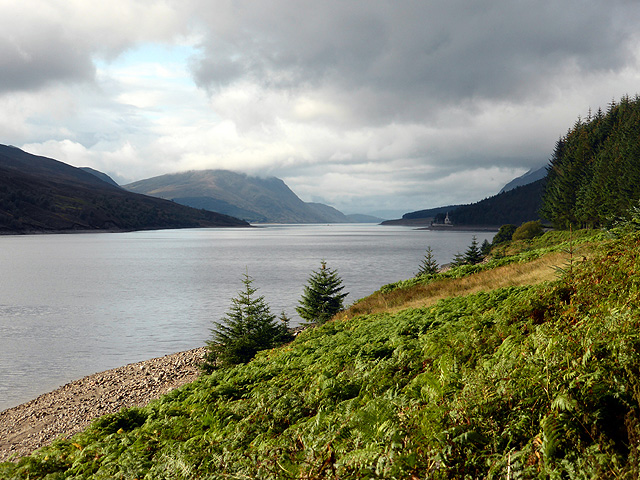Free Shipping Over $95

Trees: A Treasure for Humanity
Trees are often referred to as the lungs of the Earth, and with good reason. They play a vital role in maintaining the balance of our ecosystems, providing countless benefits for both the environment and humanity. In this blog post, let’s explore the invaluable importance of trees and how they are truly a treasure for humanity.

Environmental Benefits:
Trees are champions when it comes to environmental benefits. They act as natural air filters, absorbing carbon dioxide and releasing oxygen through the process of photosynthesis. This helps combat climate change by reducing the amount of harmful greenhouse gases in the atmosphere. Additionally, trees help mitigate the effects of air pollution by trapping particulate matter on their leaves and bark.
Furthermore, trees play a crucial role in water conservation. Their roots act as natural filters, absorbing water and preventing soil erosion. They also help replenish groundwater resources and maintain stable water tables. Forests act as natural sponges, preventing floods and regulating water flow in rivers and streams.
Habitat for Wildlife:
Trees provide essential habitats for a diverse range of wildlife species. They offer food, shelter, and nesting sites for birds, mammals, insects, and countless other creatures. Forests are home to a remarkable array of biodiversity, supporting complex ecosystems that are vital for the survival of numerous species. By preserving and planting trees, we protect these habitats and ensure the survival of wildlife populations.


Climate Regulation:
Trees play a crucial role in regulating the climate. They provide shade, reducing the temperature in urban areas and mitigating the heat island effect. Large forested areas contribute to regional climate regulation by influencing temperature, humidity, and precipitation patterns. Forests act as natural carbon sinks, absorbing and storing large amounts of carbon dioxide, thus helping to mitigate climate change.
Improved Air Quality:
Trees are natural air purifiers. Through photosynthesis, they remove harmful pollutants from the air, such as nitrogen oxides, ozone, and particulate matter. This leads to improved air quality, reducing the risk of respiratory diseases and other health issues. Urban areas, in particular, benefit from the presence of trees, as they help absorb pollutants generated by traffic and industrial activities..


Human Health Benefits:
Being in the presence of trees has been scientifically proven to have numerous positive effects on human health. Spending time in nature, such as wooded areas or parks, has been shown to reduce stress, anxiety, and depression. The sight of trees and green spaces can have a calming and rejuvenating effect on our mental well-being. Furthermore, trees help improve air quality, which contributes to better respiratory health for communities living in tree-rich areas.
Can planting trees help combat climate change?
Yes, planting trees is an effective way to combat climate change. Trees absorb carbon dioxide, a greenhouse gas that contributes to global warming. By planting more trees, we can remove carbon dioxide from the atmosphere and mitigate the effects of climate change.
How can I contribute to preserving trees?
There are several ways you can contribute to preserving trees. You can support organizations that focus on reforestation and forest conservation efforts. You can also participate in tree planting initiatives in your local community. Additionally, making sustainable choices in your daily life, such as reducing paper consumption and using recycled products, helps reduce the demand for tree-based resourcese.
Can trees help reduce noise pollution?
Yes, trees can help reduce noise pollution by acting as natural sound barriers. They absorb and block sound waves, reducing the impact of noise from roads, construction sites, and other sources. Planting trees along highways and in urban areas can significantly reduce noise levels.

